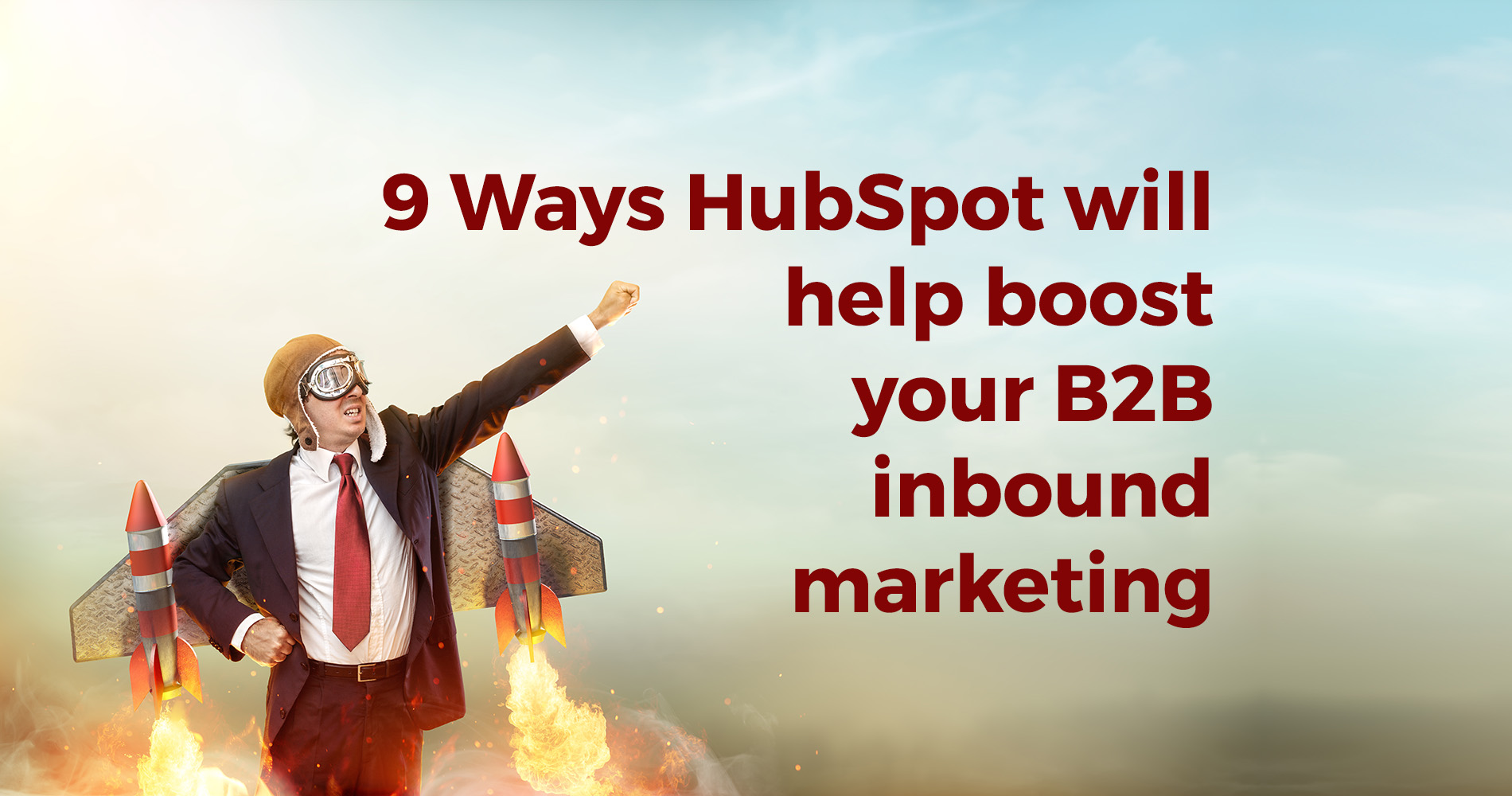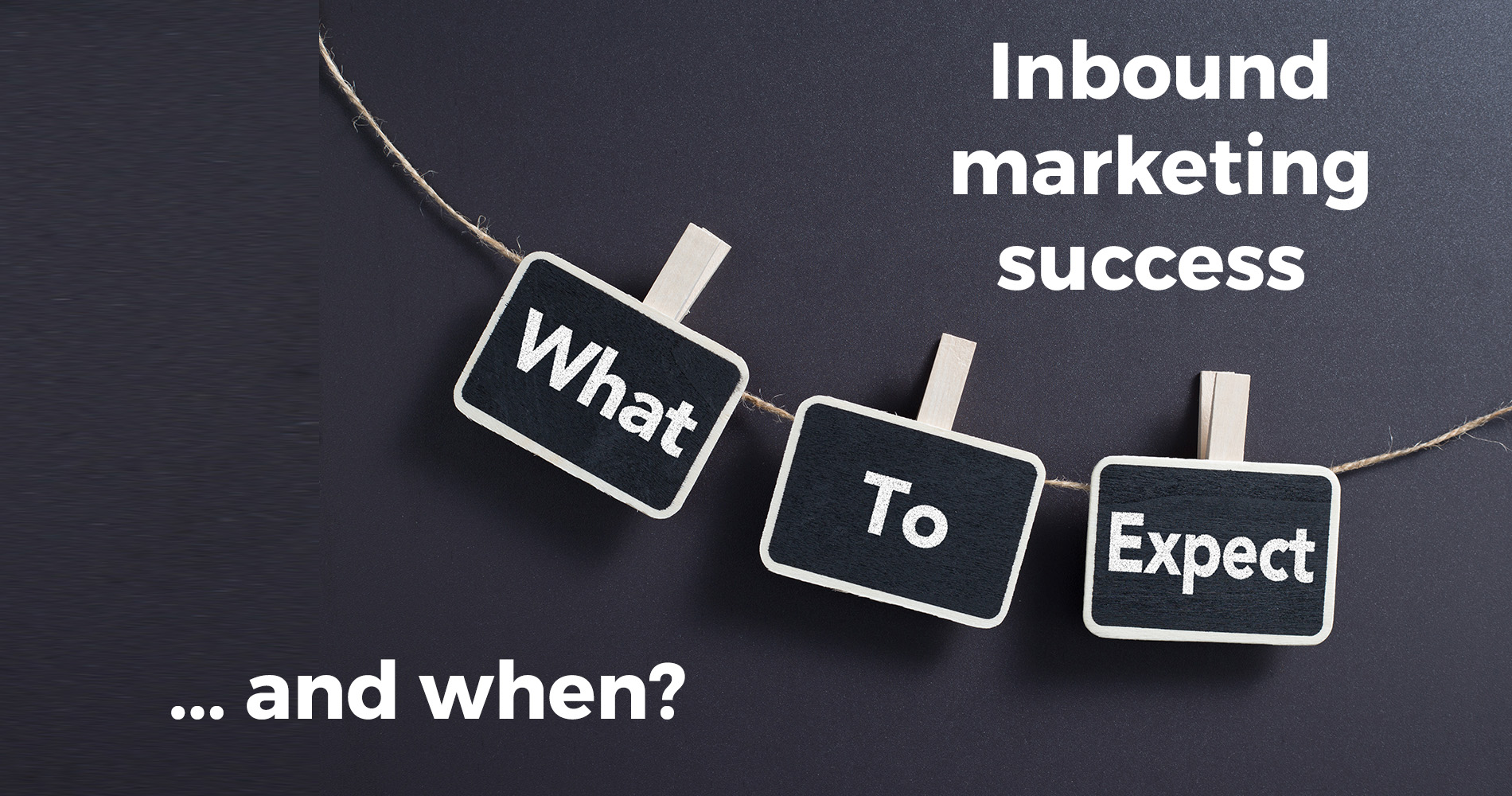Search Engine Optimisation (also known as SEO) and Inbound Marketing are essential for growing businesses. Whilst it's likely you have heard of them, and might even know they’re importance for online growth, it's very easy to get embroiled in the jargon and lose their meaning. So, what’s the difference? Bottom line, SEO is a tactic employed as part of inbound marketing strategy. Whilst SEO is not the only tactic, it's the one that can help you be found online via search engines.
Definition of Inbound Marketing
The phrase inbound marketing represents a range of strategies for marketing organisations on the internet, and these strategies consist of reaching target audiences, engaging followers, and refining conversions, along with SEO.
Inbound marketing consists of tactics like SEO, but also incorporates social media marketing, content marketing, personalised email, and much more. Inbound marketing is focused on attracting customers to you instead of reaching out to them.
Definition of Search Engine Optimisation
Search Engine Optimisation (SEO) refers to aligning your website to ensure that it ranks well when someone search for words or phrases that are pertinent to your company using a search engine.
Ranking well makes certain that your website receives traffic from visitors that are searching for the products or services that your business offers.
Search Engine Optimisation Tactics
You'll find multiple moving parts within SEO. A variety of the most significant elements of SEO include:
The Significance of Ranking
The world of SEO is generally centred on ranking, and this emphasis can occasionally come at the cost of traffic. Inbound marketing concentrates alternatively on generating sustainable traffic. That traffic is founded on content that continues to deliver traffic irrespective of algorithm changes.
Content Creation
SEO requires optimising your content for search engines and for individuals. With each piece of content published, SEO should always be considered so your prospects can find it on the web. This incorporates assessing the quality and originality of everything posted online.
Link Building
SEO involves developing links from websites that are pertinent to your own content and well-respected. Those links are amongst the facets that Google and other search engines utilise to ascertain authority. Nonetheless, links alone are insufficient; search engines value the quality of the content too, and that is one of inbound marketing’s focal points.
Social Media
Social media is more significant than ever before for ranking higher in search engine results pages (SERPS), however social media management hasn't historically been connected with SEO. However, social media management is a vital part of inbound marketing to increase traffic, brand awareness, influence, and SEO opportunities.
The Marriage
At first glance, SEO and inbound marketing might seem to have several differences; but they both have one thing in common: the client.
SEO entails more than simply your ranking; it's about driving more website visitors to your website. Inbound marketing focuses on driving more visitors and providing those visitors what they want. SEO is awesome, but it's only one piece of a much greater online challenge. So, when Search Engine Optimisation is incorporated into the more complete marketing power of inbound marketing, the two of these resources produce a comprehensive and effective marketing strategy.






